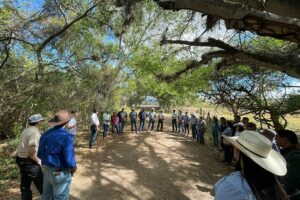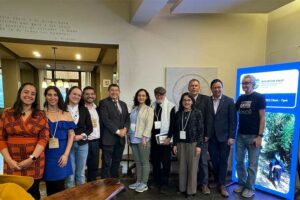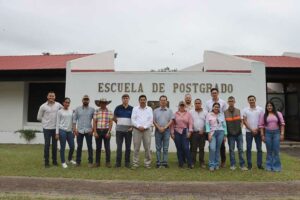Presentation of Livestock NAMA Sheet and Advances in the MRV System for the Livestock Sector in Honduras
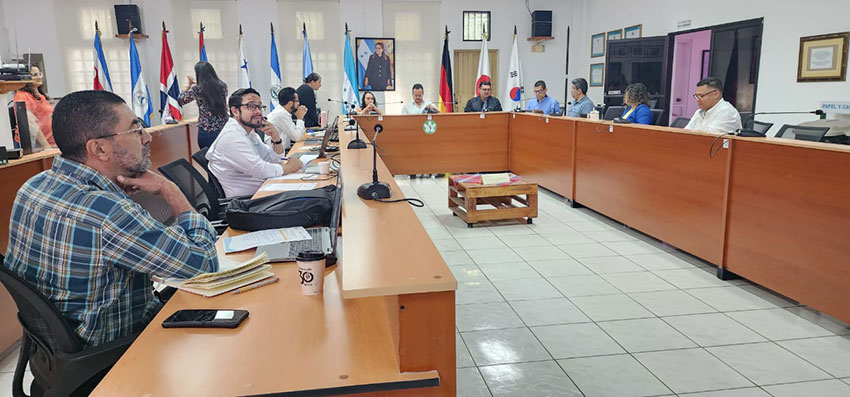
- The event highlighted actions to reduce greenhouse gas emissions and improve the resilience of livestock farms against climate change.
The livestock sector in Honduras is moving towards a more sustainable future with the presentation of its Livestock NAMA sheet and advancements in its Monitoring, Reporting, and Verification (MRV) system. The event, organized on September 26 by CATIE (Tropical Agricultural Research and Higher Education Center), in collaboration with the Ministry of Agriculture and Livestock (SAG) and the Ministry of Natural Resources and Environment (SERNA), brought together key stakeholders to strengthen sustainable actions in the livestock sector. All of this is part of the project "Transforming the Honduran Livestock Sector into a Low-Carbon Economy" (MAF-Ganadería-HN).
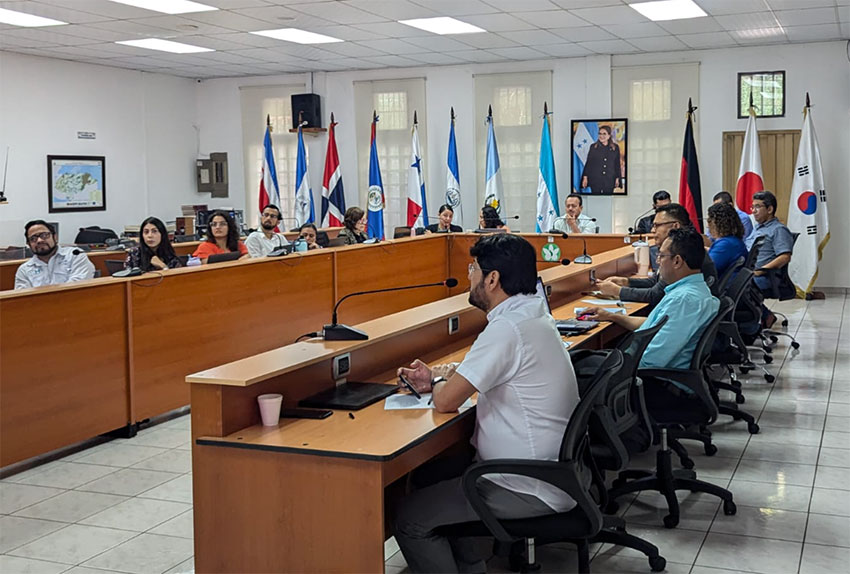
This key event gathered leaders from the agricultural and environmental sectors, aiming to reduce greenhouse gas emissions and strengthen the resilience of livestock farms against climate change by promoting sustainable practices and technologies. The initiative seeks to align national efforts with international climate commitments.
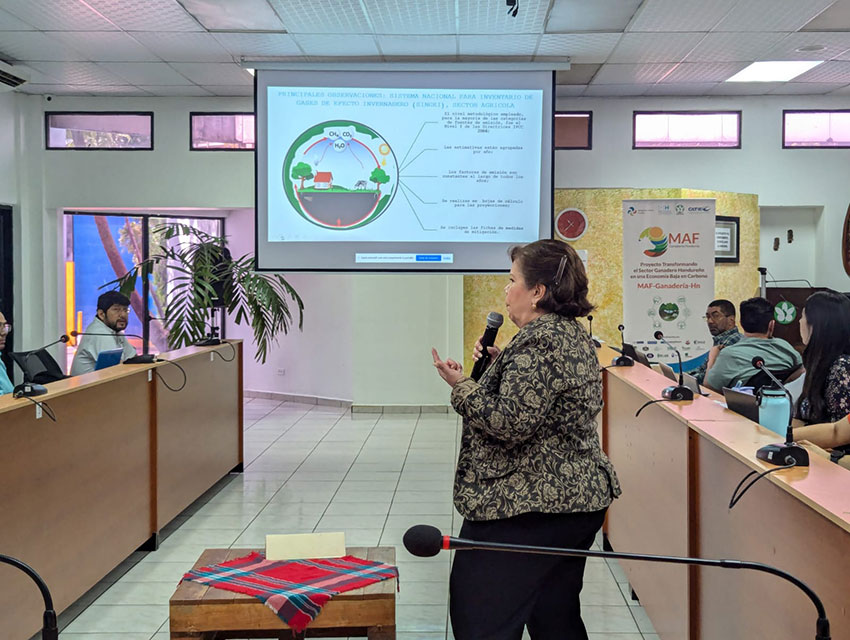
The main objective of the Livestock NAMA sheet is to contribute to Honduras' climate commitments by promoting sustainable practices and technologies that reduce greenhouse gas (GHG) emissions, increase productivity, and improve the resilience of farms to the adverse effects of climate change. Additionally, the proposal for the MRV system aims to ensure efficient and accurate monitoring of the impact of these actions, aligned with the country's goals to reduce GHG emissions by 16% by 2030.
During the event, topics such as the design of the Integrated Climate Change Monitoring System of Honduras, the contribution of the agricultural sector to emission reductions, and the NAMAs (Nationally Appropriate Mitigation Actions) were discussed. Furthermore, CATIE presented advancements in the selection of farms for monitoring and proposals for the implementation of the livestock MRV system.
The event was attended by key organizations from the livestock and agricultural sectors, including the National Federation of Livestock Farmers of Honduras (FENAGH), the Livestock Promotion Chamber of Honduras (CAFOGAH), and the Zamorano Agricultural School, who contributed ideas and suggestions for consolidating the NAMA sheet and the MRV system.
This collaborative effort reinforces institutional commitments and seeks to harmonize protocols to generate a unified country report through the MRV platform. These initiatives are expected to promote more sustainable livestock development, aligned with sustainable development goals and the fight against climate change.

More information:
Juan Carlos Flores
National Coordinator Honduras
Transforming the Honduran Livestock Sector into a Low Carbon Economy (MAF-Ganadería-HN)
CATIE
juan.flores@catie.ac.cr
Written by:
Karla Salazar Leiva
Communications Officer
Communications and Marketing Office
CATIE
karla.salazar@catie.ac.cr
Tag:ganadería sostenible, Honduras, NAMA

